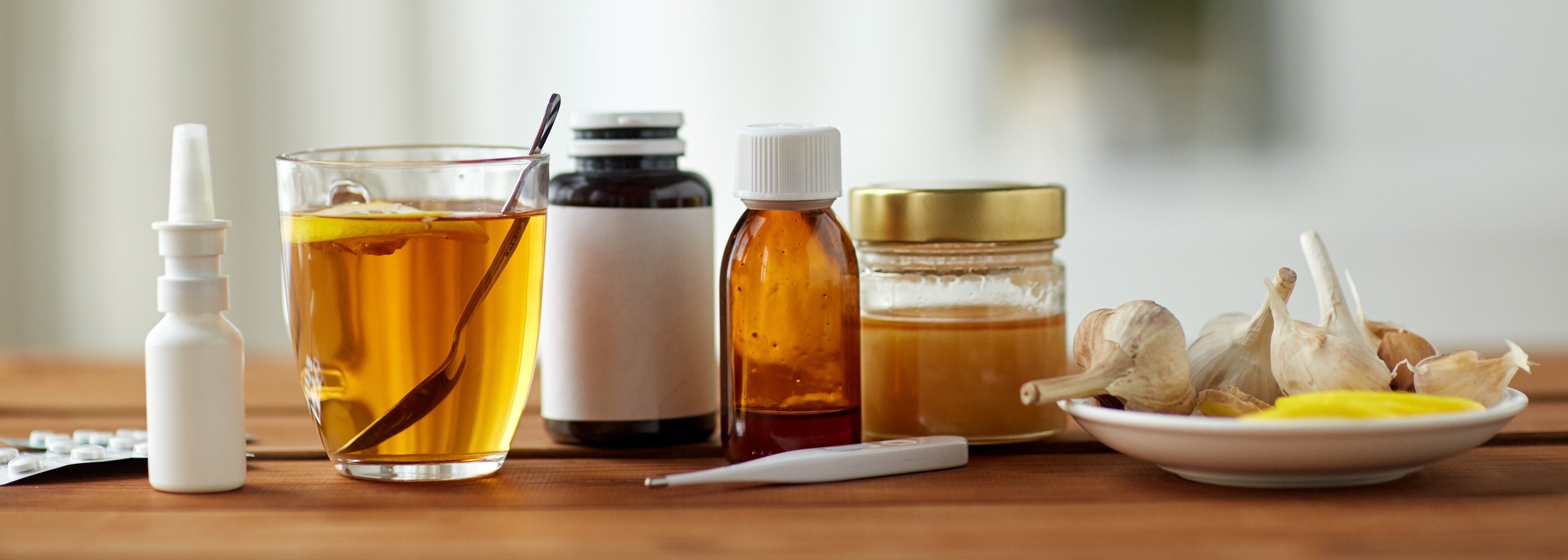
It is flu season, but you probably didn't need to be told that. If you haven't gotten sick yet, you probably know someone who has, or you vividly remember years past when you spent a few days miserable in bed.
In the United States, flu season begins as early as October and can continue into May, although the peak is usually between December and March.
Prevention
As usual, the CDC recommends that most people get a flu vaccine. The World Health Organization (WHO) recommends the vaccine for certain vulnerable populations including young children and the elderly. You will want to check with your healthcare provider if you have any allergies or have other concerns about the vaccine. Each year a few of the many flu strains are chosen for the vaccines. And for the 2016-2017 flu season, the CDC is only recommending the flu shot, not the nasal mist.
Other than getting vaccinated, the best way to avoid the flu is to:
avoid people with the flu
wash your hands frequently
keep things clean
eat well, sleep well
This Flu Season
Here in the beginning weeks of 2017, we are well into flu season. The CDC keeps track of flu statistics weekly and posts them. As of late December, the flu status for the country was listed as Elevated with almost all areas reporting an elevated level of flu-like illnesses.
Technically, the flu season is a yearly epidemic; that's what "flu season" is. Some seasons are worse than others due to a number of factors. It is hard to predict what will happen each year, what strains of the flu will be most common, how long the season will last, and whether it will be a difficult, normal, or mild season.
Is this the Flu?
fever (but not always)
cough
sore throat
runny or stuffy nose
body aches
headache
chills
fatigue
sometimes diarrhea or vomiting
Treating the Flu
Because the flu is a virus, antibiotics do not treat the flu. However there are antiviral medications available to help the body fight the virus. There are also other medications that can help ease your symptoms such as cough medicines and fever reducers.
Other than that, the best thing to do if you have the flu is stay home, rest, and practice good hygiene to avoid sharing your flu with others. Don't return to your normal activities until you have been fever free for at least 24 hours, without the help of a fever reducer.
Being Sick is Expensive
Not only does the flu make you miserable, it can be a stressful time as you take off work and face healthcare expenses. The average person with health insurance pays about $130 when they have the flu. If you are underinsured or uninsured, that cost can go up significantly.
If you need a prescription to help you survive the flu and your fear of the cost is keeping you from heading to the pharmacy, RefillWise can help. You can use it in place of of a prescription card to receive discounts and rewards. It's one way to reduce the burden of being sick.



 Back to blog home
Back to blog home